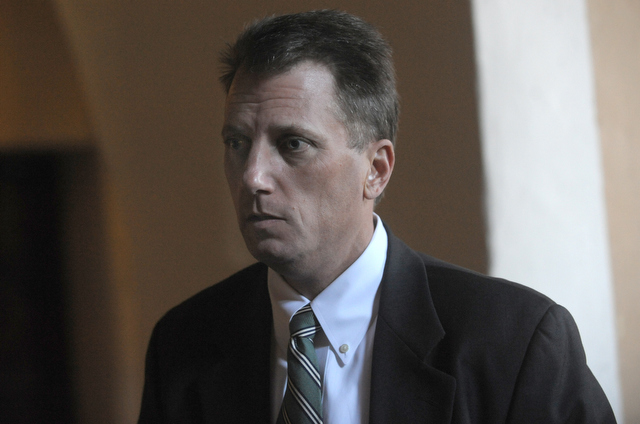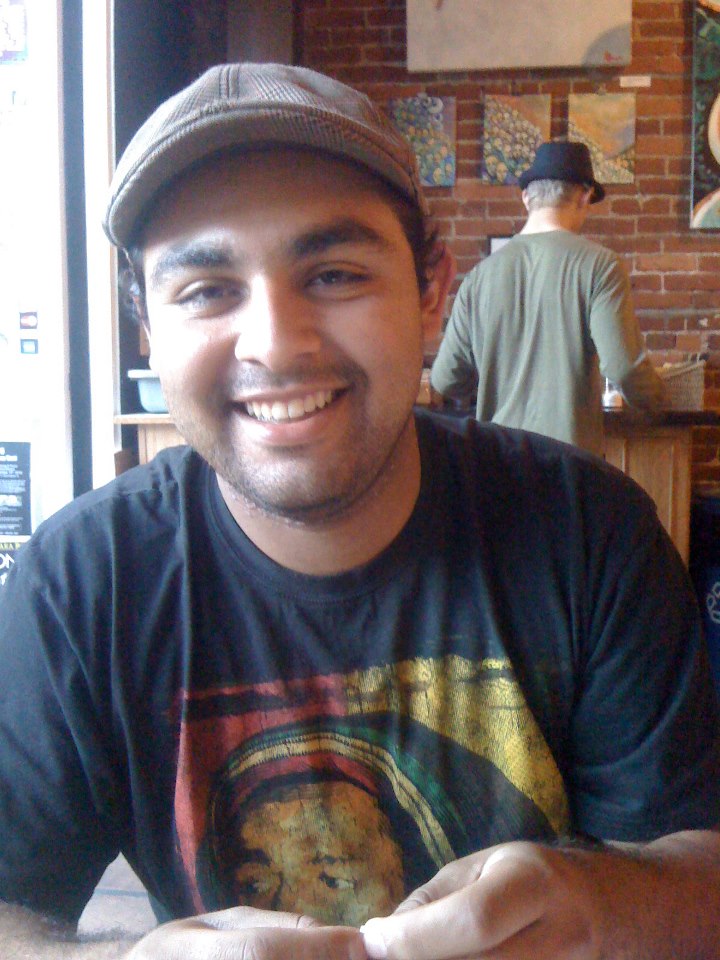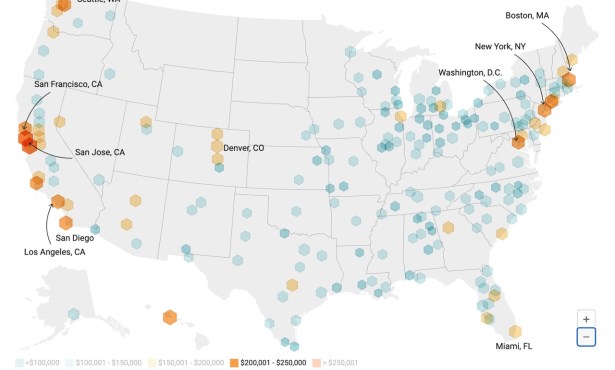Jury Clears Cab Company in Passenger Death
But Finds Simon Chavez's Driver Negligent

On Wednesday, a jury ruled in favor of a cab company sued for millions of dollars over the hit-and-run death of one of its passengers. Absolute Cab Company co-owner Joshua Klein and driver Thomas Rhyne prevailed in the civil case brought by Ana Quintanar, the mother of Simon Chavez, a 22-year-old who was extremely intoxicated when he was let out of Rhyne’s taxi to vomit, walked onto Highway 101, and was fatally struck by a southbound car.
In a 10-2 decision — though it found Rhyne to be negligent — the jury determined that Rhyne’s negligence “was not a substantial factor in the death of Simon Chavez.” The jury found Klein not guilty of negligence, and both defendants to be “not at fault” for Chavez’s death. As a result, Quintanar won’t receive the $8.2 million in damages she sought.
Of the verdict, Quintanar’s attorney, Leila Noël, said that “money was never a factor at all for Mrs. Quintanar in this matter,” and that it was “very important” that the jury found the conduct of the cab driver and the cab company to be negligent. Noël said that she “hopes, at least to some extent, that the fact that this conduct was found to be negligent will show cab drivers that they need to abide by their affirmative duties.”

Noël continued that the aim of Quintanar’s suit wasn’t financial gain but rather to “shed light on what cab companies can potentially do when they have passengers who are intoxicated” and to highlight Chavez’s legacy as a “well-respected, well-loved young man.” Noël said that she and law firm partner Barry Cappello are reviewing the verdict and “considering any potential appellate matters.”
Calling the death of Chavez a “sad, tragic situation,” defense attorney Robert Bergsten said that “although Absolute Cab Company feels very sorry for the loss of Simon Chavez, they don’t feel that they should be held responsible for his death.” Bergsten continued to say that Chavez had made a “personal choice,” and should be held “personally responsible” for the consequences of his actions. Bergsten said he believes his clients are satisfied with the verdict.
Before being hit and killed by Lau Van Huynh — who was driving from the Chumash Casino back home to Murrieta — an inebriated Chavez began drinking with friends early in the evening on January 14, 2013. They ended up at the Uptown Lounge on upper State Street, where Chavez “was noted as being heavily intoxicated by friends and bar staff,” according to a coroner’s report. His blood alcohol content was later found to be 0.285, more than three times the legal limit.
Chavez’s friend paid Rhyne $20 to transport Chavez to 517 East Cota Street. In his testimony, Rhyne stated that while driving west on Carrillo Street, Rhyne let Chavez out of the vehicle at De la Vina Street to vomit. Rhyne testified that he made a U-turn, parked in the Mel’s parking lot across the street, and “honked and yelled” for three to five minutes before Chavez allegedly gave him a “wave off,” which Rhyne interpreted as a signal to leave.
Rhyne last saw Chavez walking westbound on Carrillo Street in front of the Spudnut’s donut shop. Shortly thereafter, Chavez was fatally struck by Van Huynh, who fled the scene. Though there is evidence he was using a cell phone until around midnight, Chavez’s phone was never recovered, Bergsten said. (Van Huynh pleaded no contest to felony hit-and-run and was sentenced in April 2013 to a year in jail and three years of probation.)
During the 11-day trial, Noël and Cappello questioned Rhyne’s testimony. They argued that Chavez wouldn’t have been able to see Rhyne parked across the street, especially in his intoxicated state. They also noted that Rhyne had 11 incoming calls at around the time of Chavez’s drop-off and that he was able to return to the Uptown Lounge to pick up more passengers in a short amount of time, casting doubt on his claim that he waited for Chavez to return to the car. Rhyne stated that the daily log with the exact times of Chavez’s pick-up and drop-off was “stolen” sometime after the incident.
Bergsten argued that while the case was tragic, personal responsibility needed to be considered, and he asked the jury not to allow “emotions” to guide their decision. Bergsten argued that once Chavez exited the taxi, he was no longer a passenger and thus the ride and Rhyne’s duties as a driver were terminated. He also noted that Rhyne didn’t know how intoxicated Chavez actually was — and wasn’t required to — and said that Chavez walking a quarter of a mile onto the highway on-ramp and traversing nearly three lanes of traffic was “not a foregone conclusion.” When asked how the situation may have played out if Rhyne had forced Chavez back into the cab, Bergsten stated that then his client “would be guilty of false imprisonment.”


